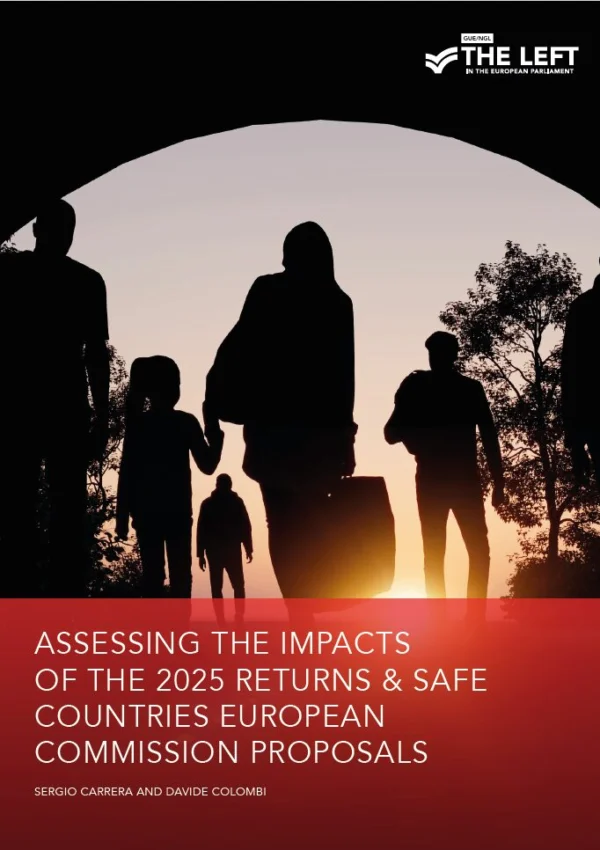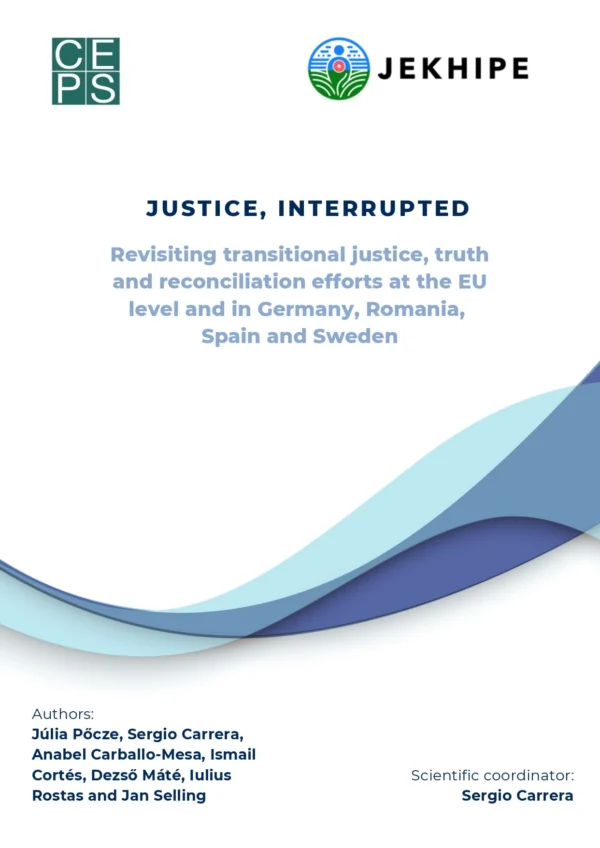Search and Rescue (SAR) and disembarkation of persons in distress at sea in the Mediterranean continue to fuel divisions among EU member states. The ‘closed ports’ policy declared by the Italian Ministry of Interior in June 2018, and the ensuing refusal to let NGO ships conducting SAR operations enter Italian ports, has resulted in unresolved diplomatic rows between some European governments and EU institutions, and grave violations of the human rights of people attempting to cross the Mediterranean.
This paper examines how current political controversies surrounding SAR and disembarkation in the Mediterranean unfold in a policy context characterised by a ‘contained mobility’ paradigm that has materialised in the increasing penalisation of humanitarian SAR NGOs, a strategic and gradual operational disengagement from SAR activities by the EU and its member states, and the delegation of containment tasks to the Libyan coast guard (so-called ‘pullbacks’), a development that has been indirectly supported by EU institutions. These policies have contributed to substantially widen the gap in SAR capabilities in the Central Mediterranean.
The paper challenges the assumption that national governments and EU institutions can bypass their rule of law and human rights responsibilities under international maritime, human rights and refugee law, as well as those laid down in EU Treaties and national constitutional laws. It argues that, despite the many barriers to ensuring effective remedies for the affected individuals, the application of the notion of ‘portable justice’ in the context of EU law has the potential to capture EU and national agent responsibilities and liabilities for human rights violations in the Mediterranean and crimes against humanity in Libya.
Since the summer of 2018, a number of cases of disembarkations following NGO SAR operations have been addressed through ad hoc disembarkation and relocation arrangements from Italy and Malta, involving a limited number of member states on a voluntary and secretive basis. The paper provides a first critical examination of these ‘arrangements’ and shows how, since the beginning of 2019, the European Commission and EU agencies (Frontex and EASO) have assisted in the implementation of these ‘extra-EU Treaty’ arrangements. This paper argues that the use of solidarity ‘à la carte’ or ‘variable geometry’ in asylum policies takes Europeanisation backwards, allows for a ‘cherry picking’ approach by EU governments and challenges the consistency of the EU asylum acquis.
The paper concludes by putting forward some options to addressing SAR and disembarkation challenges and recommends that these should be based on the principle of ‘equal solidarity’, whereby all EU member states share equally the responsibility for asylum seekers in full compliance with EU constitutive principles and fundamental rights.










